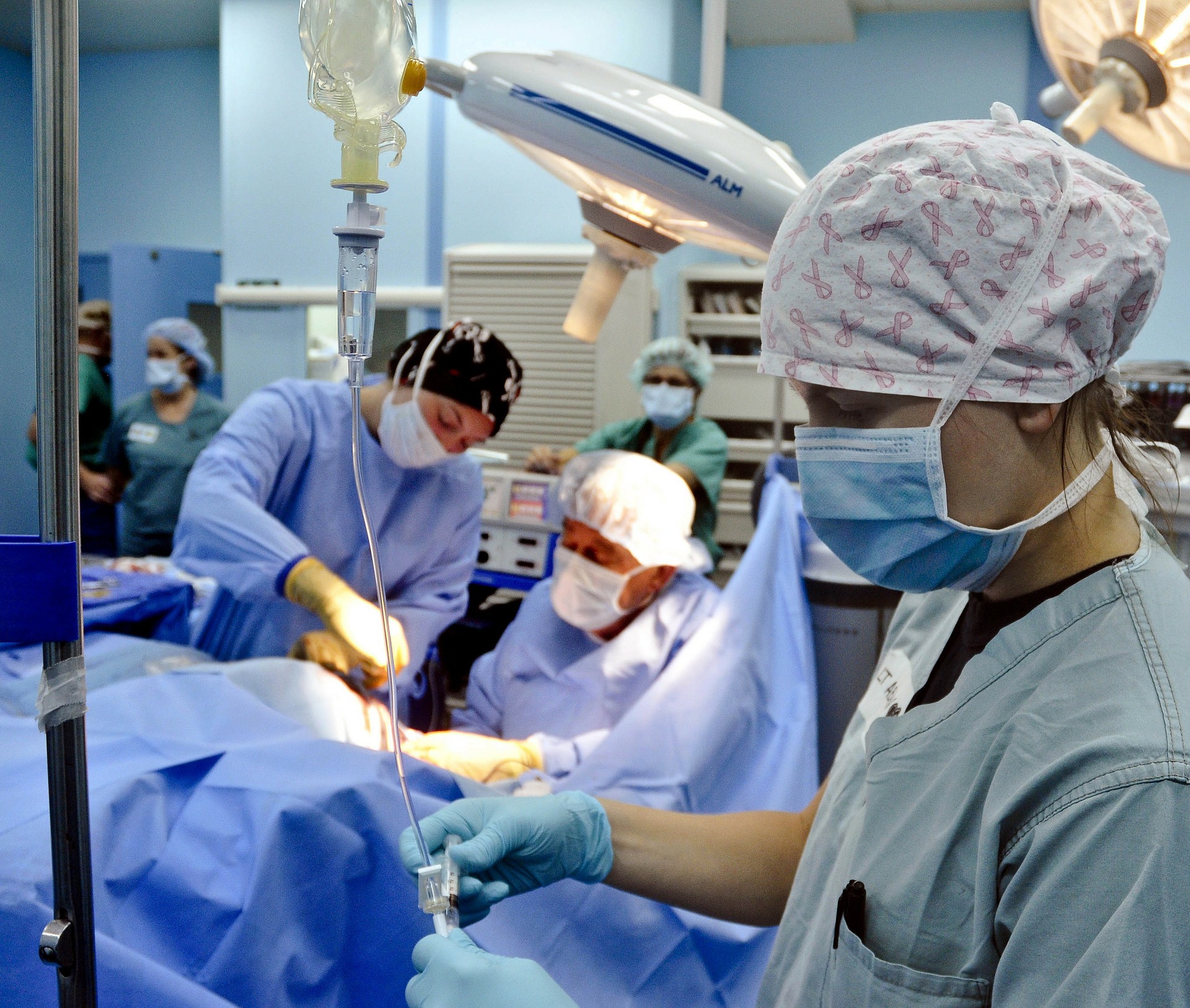Surgery can be a frightening undertaking, as there are many things that can go wrong. For instance, surgical instruments of different types—from sponges and gauze to screws and pieces of forceps—have been left in the bodies of patients. These forgotten items have caused further complications that required even more surgery to extract. If you or a loved one have gone through a similar occurrence, then you are eligible to sue for medical malpractice.
While medical personnel have been ingrained to treat this as a “never event”, or things that should never occur under the correct protocol, sometimes human error prevails and these accidents happen. As these are exceptionally perilous circumstances, human error alone is good enough reason for a malpractice suit.
Here’s what you need to know about medical negligence during surgery:
Protocols to Prevent Retained Surgical Instruments
Surgeons and medical staff are well aware that no surgical instrument can be left in a patient’s body. Protocols are enforced to prevent this at all costs, such as hospital staff keeping a checklist of the number of items that were inserted or removed from the body during a procedure. Most of the time, the items that are left behind are gauzes or cotton sponges that absorb the patient’s blood. This has happened enough times to merit its own term for it: gossypiboma.
In more horrific cases, other materials such as drain tubes, tweezers, and even measuring devices have been left in patients. These are extremely dangerous to the patient, as they can puncture arteries and vital organs and cause internal bleeding. The internal bleeding may not be caught in time until it causes symptoms of varying severity from dizziness to a loss of consciousness.
What Happens Next
Most times, people aren’t even aware that they have retained surgical items in their body until several years after the procedure. In that time period, the foreign object could have traveled to other parts of the body and cause even more harm. While other patients have been lucky enough to expel these objects through their stool, others have required more surgery to completely extricate these from their bodies.
Retained surgical instruments have commonly led to immediate infections or blood poisoning, which are often fatal to elderly patients or those with compromised immune systems. As these types of patients are already weak, they may not be able to withstand additional surgery, which further endangers their lives.
What Counts As Negligence
Because these occurrences are emphasized as “never events”, it is highly likely that a malpractice suit may follow, as it should have never happened in the first place. It implies that the surgery staff did not take extra care in removing all surgical instruments and materials from the patient’s body prior to finishing surgery, which means they were negligent.
Doctors are tasked to make sure a patient is free of surgical scraps and will be held liable if they fail to do so. They will also be held liable for any ensuing complications and symptoms as a result of the overlooked surgical instruments. This is, especially true if they did not recognize any abnormalities with the patient during their recovery and this could be attributed to a forgotten item that was left inside of them during surgery.
Bottom Line
Going into surgery to resolve a complicated issue is usually a worrisome prospect for patients. Coupled with the possibility of having a retained surgical instrument, this can deter them from seeking lifesaving procedures.
With that said, medical practitioners have an important role in making sure that the surgery is as safe and successful as possible. This includes their responsibility to keep their patients clear of surgical instruments after surgery. Otherwise, they have failed their patients and will be held liable for negligence.
The Fernandez Firm is a criminal defense, personal injury, and medical malpractice firm in Boston, Massachusetts. We approach each case with sensitivity and honesty and make sure our clients get the full reparations they deserve. Call us today for a free consultation!



